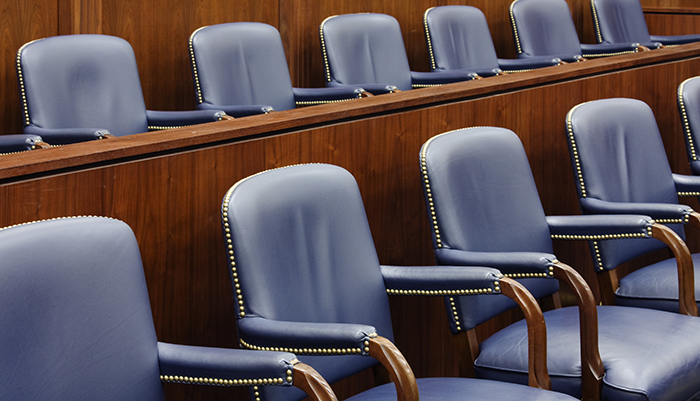Unfortunately for those charged with felonies in Florida and the felony attorney representing them, they don’t automatically get an adversarial preliminary hearing to determine whether probable cause exists to impose conditions of release (monetary bail, GPS, etc.). Florida Rule of Criminal Procedure 3.133(b) determines eligibility for such a hearing, its procedure, and standards.
21-Day Rule
First, the State Attorney’s Office completely controls whether a defendant will have the opportunity to challenge a probable cause determination. Only if the State Attorney fails to charge  a defendant by information or indictment within 21 days from arrest or service of a capias (arrest warrant) upon defendant does the right to an adversarial preliminary hearing spring into effect. As such, when a person arrested for a felony has been sitting in jail for 20 days but on day 21 a charging document is filed, the defendant will not be able to request an adversarial preliminary hearing. On the flip side, if the charging document is filed on day 22, the hearing may be requested.
a defendant by information or indictment within 21 days from arrest or service of a capias (arrest warrant) upon defendant does the right to an adversarial preliminary hearing spring into effect. As such, when a person arrested for a felony has been sitting in jail for 20 days but on day 21 a charging document is filed, the defendant will not be able to request an adversarial preliminary hearing. On the flip side, if the charging document is filed on day 22, the hearing may be requested.
In State v. Stewart, FLWSUPP 2902STEW (11th Circuit Ct. Miami-Dade County, 2021) (subscription needed to view case), the prosecutor failed to file charges within 21 days. The defendant timely moved for an adversarial preliminary hearing and a hearing was set. The State then amended the charge. The hearing was held and the State presented no witnesses. Accordingly, the trial judge released the defendant as the State failed to present any evidence from which the Court could find probable cause. The State argued that the amended charged changed the analysis. Fortunately for the defendant in that case, the judge rejected that argument (correctly).
Felony Attorney: The Hearing
Second, the ability to get an adversarial preliminary hearing is huge for the defense. In order for the court to find probable cause that a crime was committed, the State is required to have witnesses testify. In other words, they cannot simply rely on police reports and/or written statements to make their case. This gives the defense an early opportunity to cross examine the State’s witnesses and to gage how strong or weak the State’s case may be. As such, there are many cases where the State will simply acquiesce to the defendant’s release on his own recognizance rather than giving the defense the opportunity to get a practice trial of the State’s evidence.
The Ruling
The Court only has to find by a preponderance of the evidence that probable cause exists. This differs from the actual trial in that the court does not have to find that the State proved its case beyond a reasonable doubt. As such, a loss at this hearing does not necessarily mean that a person would lose at trial. The State has to prove its case by a much greater burden in order to get a conviction.
If the Court does find probable cause that a crime was committed, the Court can set reasonable conditions of bond. If probable cause is not found, the Court will order that the defendant be released from custody on his or her own recognizance. It does not, however, end the case. It simply means that the defendant will be out of jail without any conditions of release while he fights the case.
Felony Attorney Adam Bantner
AV-Rated attorney Adam Bantner is skilled in representing those charged with serious felonies. If the State fails to charge a felony defendant in a timely manner, he has the skills and expertise to challenge probable cause to get a person released from jail while awaiting trial. We cannot guarantee an outcome, but we can guarantee that we will fight for you. If a person has been charged in Hillsborough, Polk, Pasco, or Manatee County, give us a call at 813.397.3965 to set up your free consultation today!


